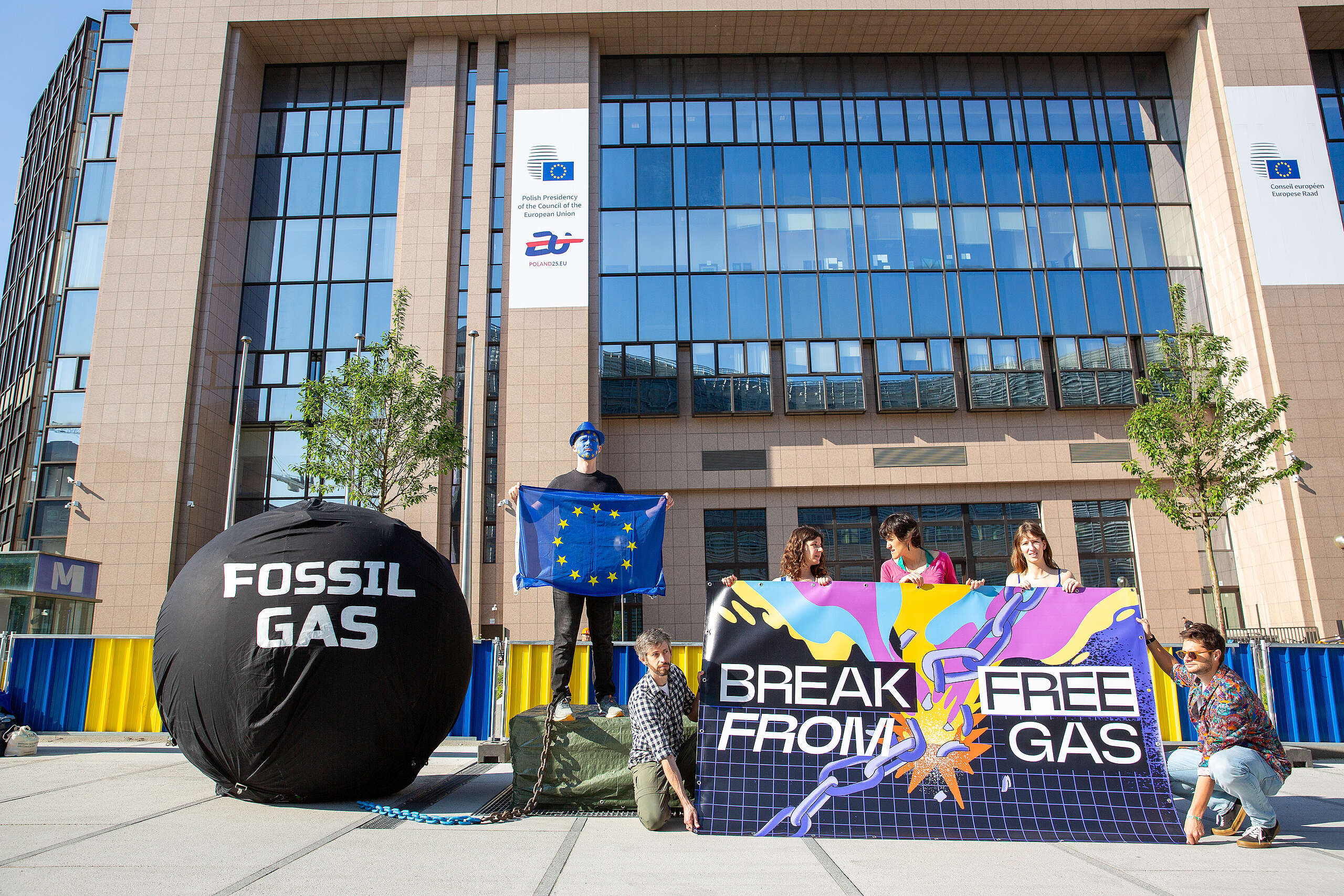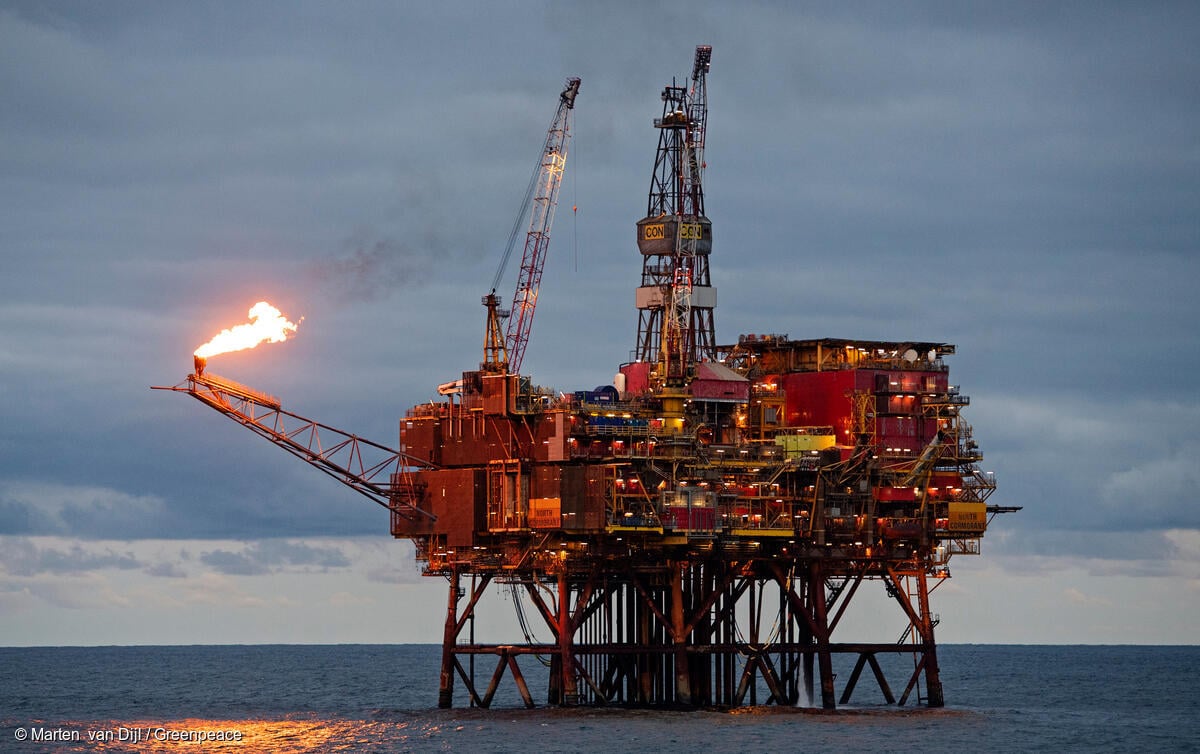Brussels – Members of the European Parliament’s environment committee have voted to speed up EU emission cuts by the end of the decade to help avert catastrophic climate breakdown. A final vote on the committee’s amendments to the EU climate law will take place on Friday.

MEPs backed emission reductions of 60% by 2030 (based on 1990 emission levels), up from the current 40%. This is a step closer to what is needed to achieve the goal of the Paris climate agreement to limit global heating to 1.5°C and avoid the worst effects of climate breakdown, even though science requires at least 65% emission cuts. The committee also supported the creation of an independent scientific body to monitor EU progress, and the phase-out of all fossil fuel subsidies by 2025 at the latest.
Greenpeace EU climate policy adviser Sebastian Mang said: “With a green deal and a green recovery still in the making, this is the first sign that European politicians are moving away from what is politically easy towards what is scientifically necessary. A phase-out date for fossil fuel subsidies is also long overdue and is key to loosening the stranglehold of energy companies, carmakers and other polluters over climate policy. These are encouraging signs, but a job half done won’t stop catastrophic climate breakdown. Students and climate activists will take to the streets of Europe later this month, demanding that the EU and governments back up their green promises, listen to science and stand up to polluters.”
The European Parliament is in the process of amending draft legislation that is largely focused on establishing an EU target to reduce greenhouse gas emissions to net-zero by 2050. The draft by the European Commission has been described by climate activist Greta Thunberg as “surrender” for its failure to table any meaningful short-term measures in line with scientific recommendations.
The environment committee also supported:
- making the overall EU 2050 climate neutrality target binding on each EU country;
- requiring the European Commission to table a proposal for a 2040 climate target;
- creating a European climate change council of scientists, which would scrutinise EU climate policies, including targets;
- the EU and national governments phasing out all direct and indirect fossil fuel subsidies by 31 December 2025 at the latest; requiring the Commission to report annually on all EU public spending that does not fall within the EU’s green finance taxonomy, the bloc’s rulebook on sustainable finance.
MEPs will vote on the climate law in plenary in the week of 5 October. This will be followed by negotiations between the EU Parliament and European governments.
The EU’s current target to reduce emissions by 40% in 2030 is incompatible with the EU’s commitments under the Paris Agreement. To increase the chances of limiting global heating to 1.5°C, Greenpeace supports a 65% cut in EU emissions by 2030.
European climate movements and organisations will stage a wave of demonstrations between 23 September and 15 October, demanding stronger climate action and environmental, social and economic justice.
Contacts:
Sebastian Mang – Greenpeace EU climate policy adviser: +32 (0)479 601289, [email protected]
Greenpeace EU press desk: +32 (0)2 274 1911, [email protected]
For breaking news and comment on EU affairs: www.twitter.com/GreenpeaceEU
Greenpeace is an independent global campaigning organisation that acts to change attitudes and behaviour, to protect and conserve the environment and to promote peace. Greenpeace does not accept donations from governments, the EU, businesses or political parties.



